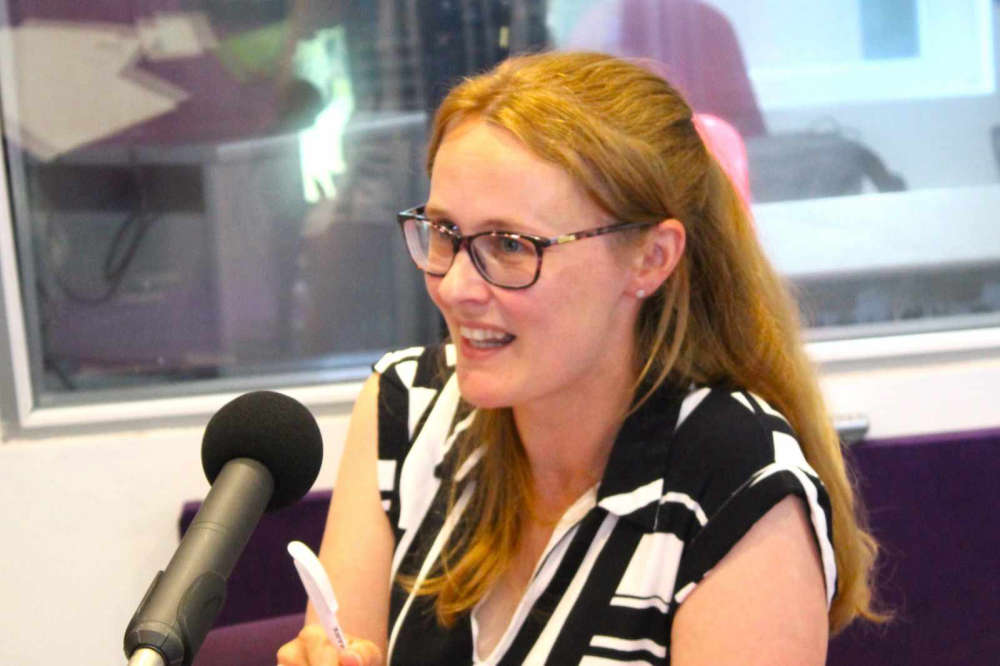
The Lancaster MP has questioned the need for the proposed redesign of local government.
Labour’s Cat Smith said she was ‘sceptical’ about the devolution plans, which could see all 15 local councils across Lancashire, including Lancaster City Council, replaced with a single regional authority and an elected mayor, similar to those seen in other areas of the North West such as Manchester and Liverpool.
Currently, Lancaster City Council is responsible for some local services such as bin collections, local planning, street cleaning and council housing.
Other local services fall under the remit of Lancashire County Council, including highways, social care, libraries and school admissions.
Under the proposals, the government wants to merge areas where there are currently two tiers of local authority - smaller district and larger county councils - to streamline services.
Deputy Prime Minister Angela Rayner said the moves would give areas more powers over housing, transport, education and employment, and it would help drive economic growth and investment.
Opponents to the move say the formation of so called ‘mega councils’ could actually reduce the amount of decisions made locally.
The Member of Parliament for Lancaster and Wyre grilled the Minister for Housing, Communities and Local Government on the issue in House of Commons this week.
Ms Smith said: ‘’The Minister in his statement said this was the end of a top-down approach by central government. But to many of my constituents this looks like a one-size-fits-all approach, which works in Greater Manchester, but doesn’t necessarily work in rural counties.
‘’So what assurances can the Minister give my constituents, and me, that this will not be imposed on local areas against their will and how will he measure consent from a local area that this is the approach they want?’’
In response, Jim McMahon MP said: ‘’We don’t accept at all that the one-size-fits-all argument any more than to say that councillors work in some areas and not others, (or) Members of Parliament work in some areas but not others.
‘’In the end, Mayors, when given powers and resources, can achieve change in partnership with local leaders.
‘’We are not cresting super councils, we are creating a single strategic authority that gives power from this place downwards and allows councillors to have far more power.’’
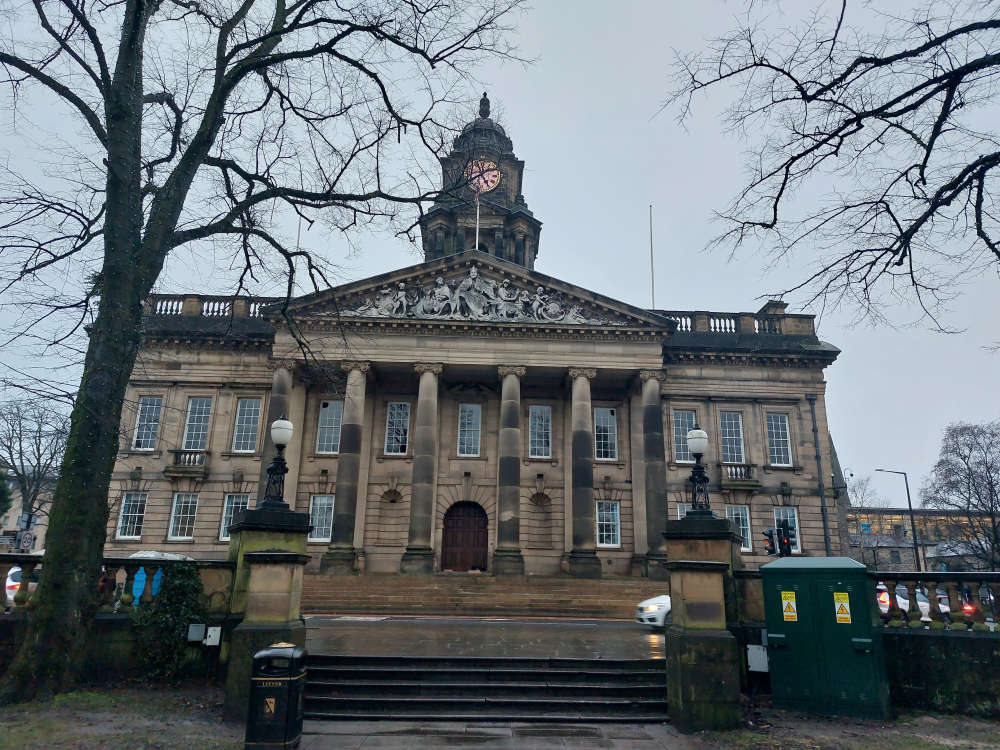
Lancashire has already engaged in adopting devolution, and earlier this year, plans were unveiled to create a Combined County Authority for the county, with the aim of addressing years of historically low investment in the area and providing a platform for accelerated growth.
These ‘Level 2’ plans would provide a single body for the whole of Lancashire to champion its interests, deliver on local priorities and provide greater local accountability and decision-making powers.
‘’What I can say in Lancashire is that in our drive to widen devolution areas across the country, the principal there is for foundation authorities,’’ added Mr McMahon.
‘’Lancashire has already agreed to a Level 2, which in the White Paper, would be the equivalent of a foundation authority, and in that sense, already has devolution in place.’’
Commenting after the discussion in parliament, Ms Smith added: ‘’The Lancaster and Wyre constituency area I represent has 246 elected officials. One MP, one Police and Crime Commissioner, 8 county councillors, 42 district councillors, and 194 parish councillors.
‘’Do we need another tier of local government with a Lancashire Mayor? I'm very sceptical, and I was pleased to lead a debate on this recently.’’
‘’I'm really concerned about top-down changes to local democracy being imposed on our area without measurable consent. Crucially here, the Minister also admitted it himself, Lancashire already has the mayoral-equivalent of local decision making.’’



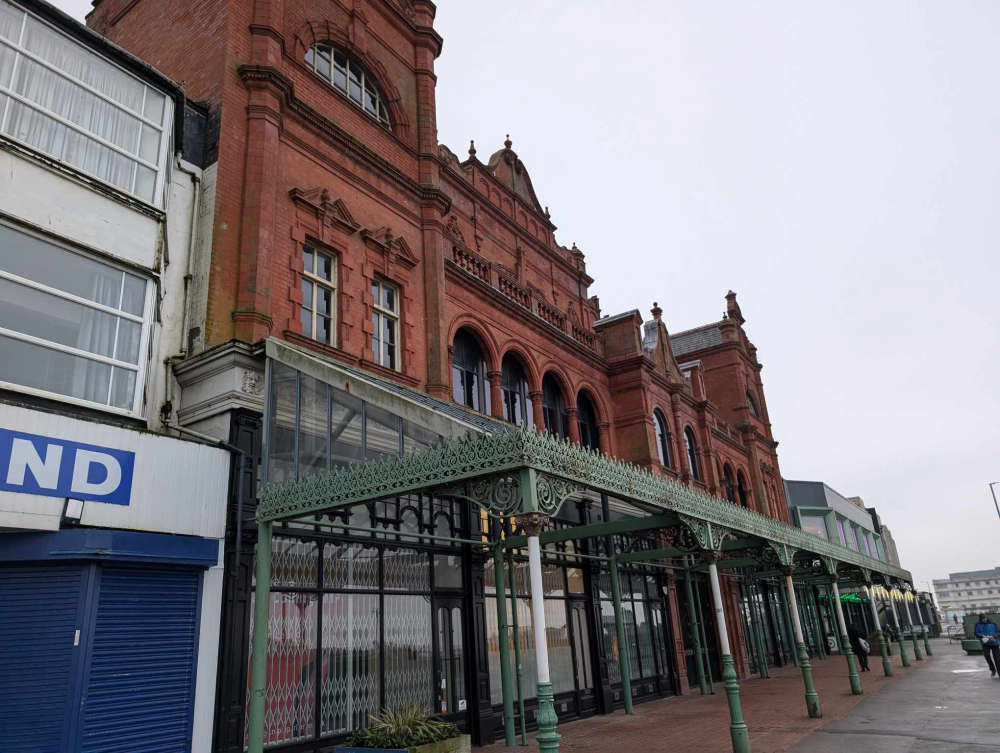 Morecambe Winter Gardens to open to public for new season
Morecambe Winter Gardens to open to public for new season
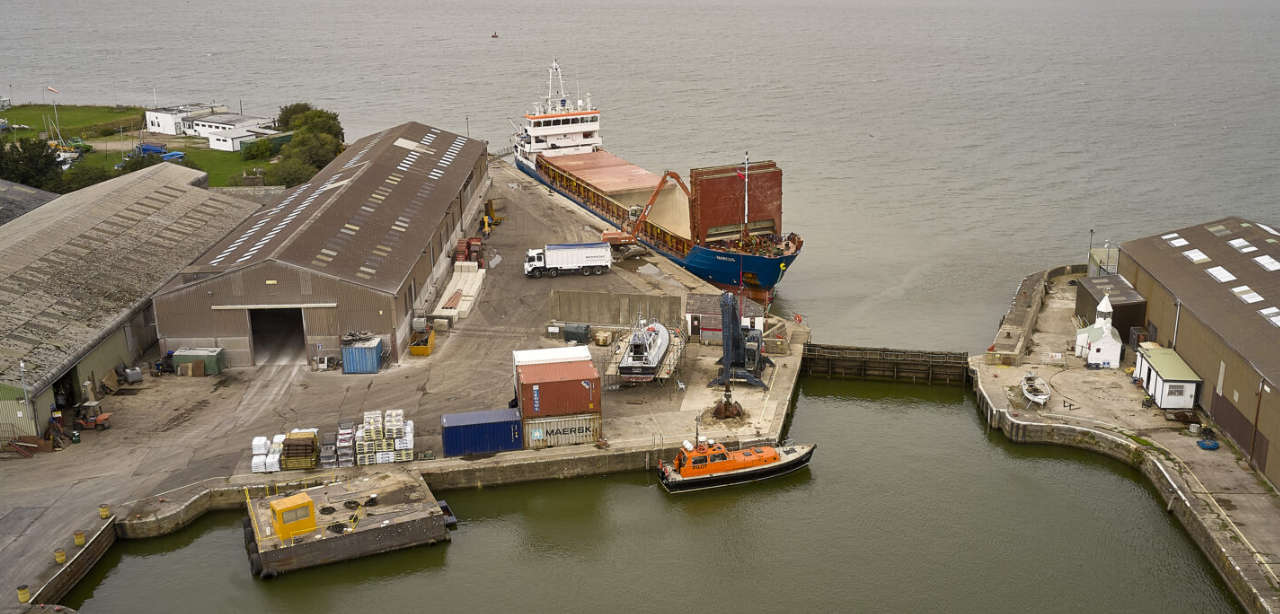 Cash for repairs to Lancaster Port gate announced in £6.5m flood defence package
Cash for repairs to Lancaster Port gate announced in £6.5m flood defence package
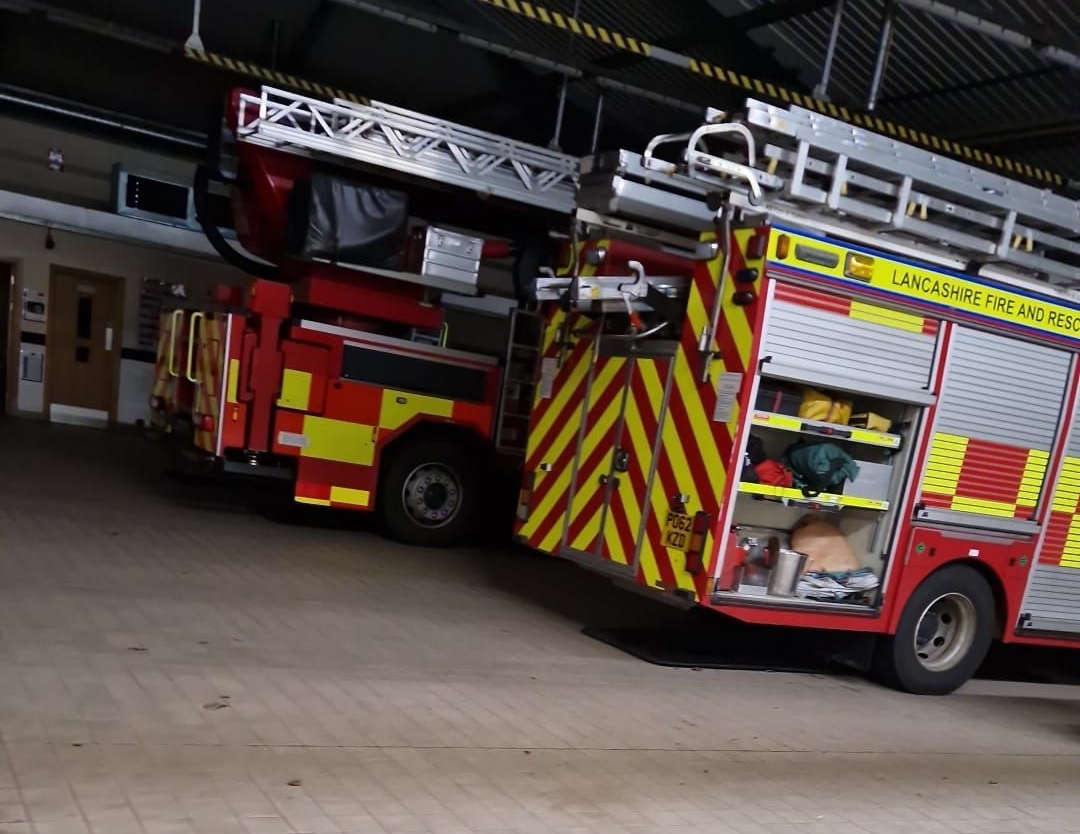 Carnforth fire crews issues safety advice after tackling blazes in the open
Carnforth fire crews issues safety advice after tackling blazes in the open
 EXCLUSIVE: Battle of Britain Dakota display announced for Armed Forces Day in Morecambe
EXCLUSIVE: Battle of Britain Dakota display announced for Armed Forces Day in Morecambe
 Heysham school to open new nursery after government cash boost
Heysham school to open new nursery after government cash boost
 Local election candidates announced
Local election candidates announced
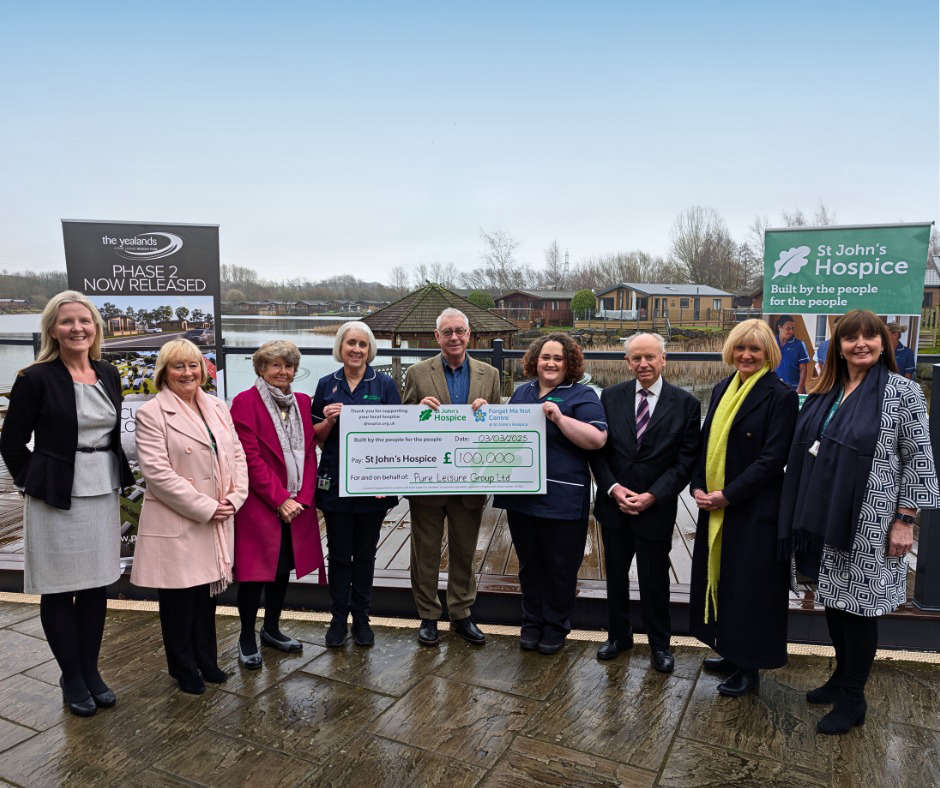 Holiday park empire donates £100K to Lancaster hospice
Holiday park empire donates £100K to Lancaster hospice
 Lancaster and Morecambe events will 'Spring into Action' over food
Lancaster and Morecambe events will 'Spring into Action' over food
 Lancaster City Council shortlisted for four local government awards
Lancaster City Council shortlisted for four local government awards
 Man pleads guilty to Heysham murder
Man pleads guilty to Heysham murder
 Driest March in Lancaster since records began
Driest March in Lancaster since records began
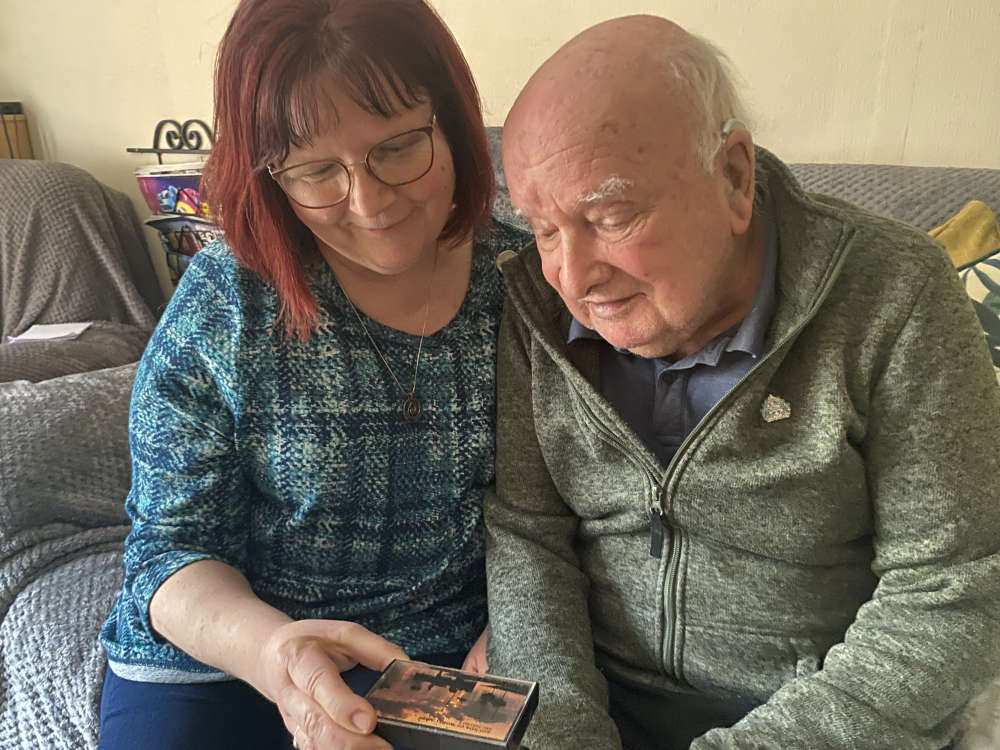 Pioneering Morecambe 'podcast' from 1980s unearthed after 44 years
Pioneering Morecambe 'podcast' from 1980s unearthed after 44 years
 Lorry driver from Morecambe arrested after positive roadside drug test
Lorry driver from Morecambe arrested after positive roadside drug test
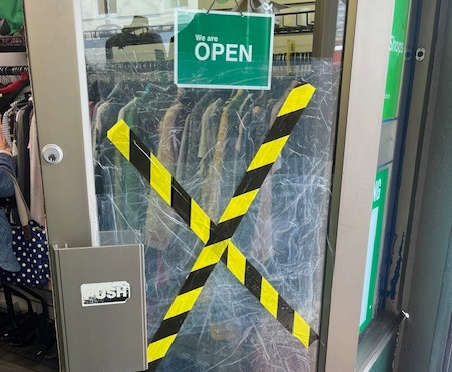 Hundreds raised after vandalism to Lancaster hospice shop
Hundreds raised after vandalism to Lancaster hospice shop
 Plans under way to bring spring flowerbed planting back to Morecambe
Plans under way to bring spring flowerbed planting back to Morecambe
 New cycle and pedestrian friendly crossing completed in Morecambe
New cycle and pedestrian friendly crossing completed in Morecambe
 INTERVIEWS: Morecambe Bay visitor guide launched with high hopes for tourist season
INTERVIEWS: Morecambe Bay visitor guide launched with high hopes for tourist season
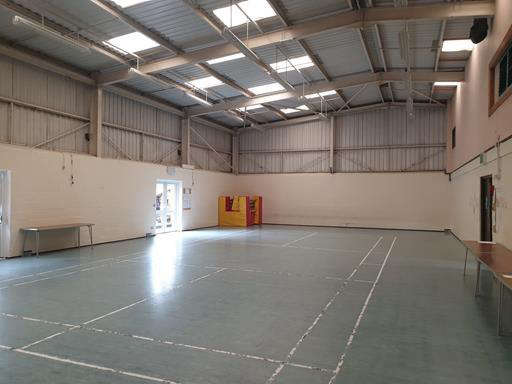 Council looking at ways to fund £1m refurb of village hall in Carnforth
Council looking at ways to fund £1m refurb of village hall in Carnforth
 Pan-disability game at Morecambe FC will raise awareness of autism
Pan-disability game at Morecambe FC will raise awareness of autism
 Morecambe lifeboat crew respond to reports of ‘flashing lights and red flares’
Morecambe lifeboat crew respond to reports of ‘flashing lights and red flares’




